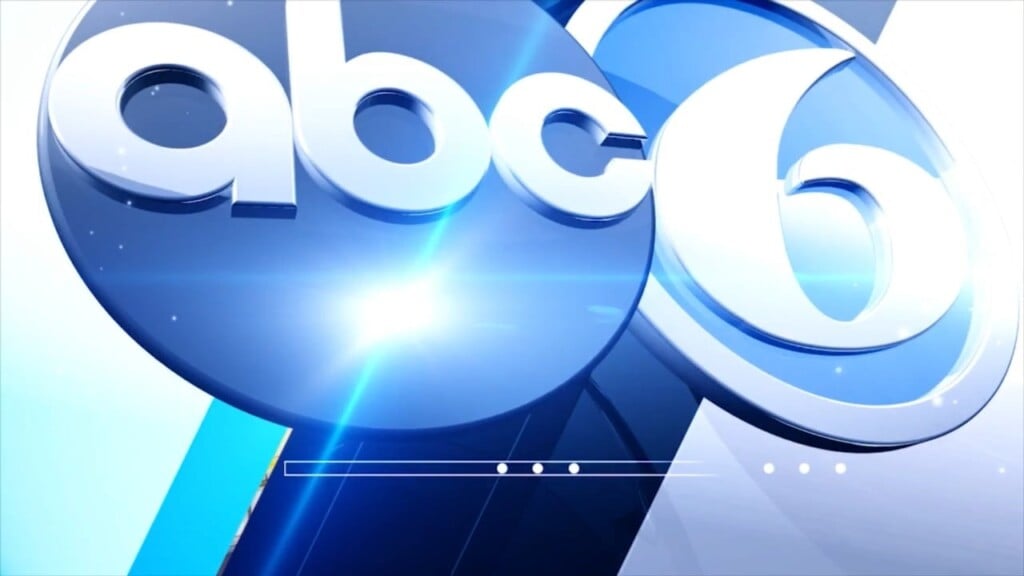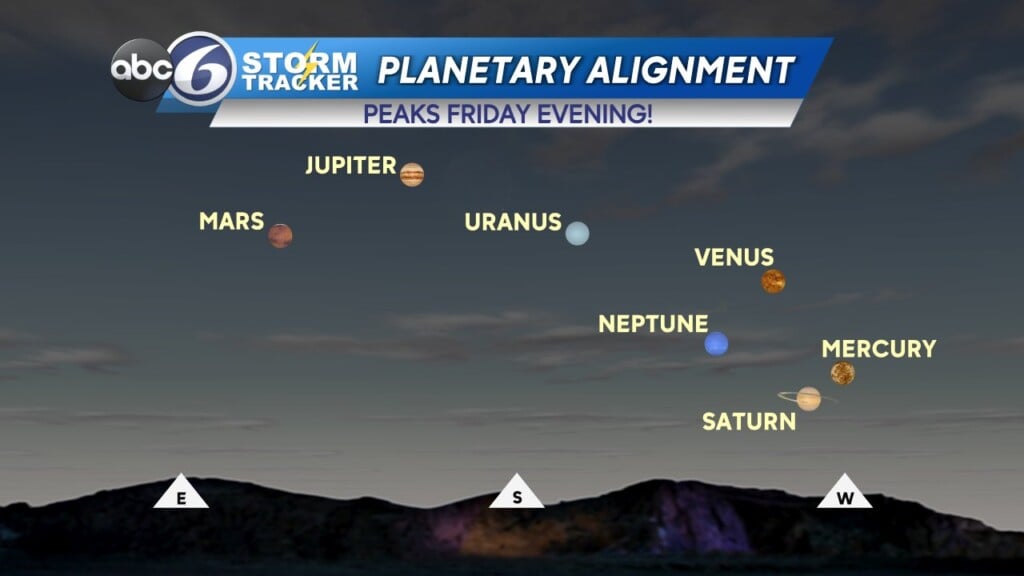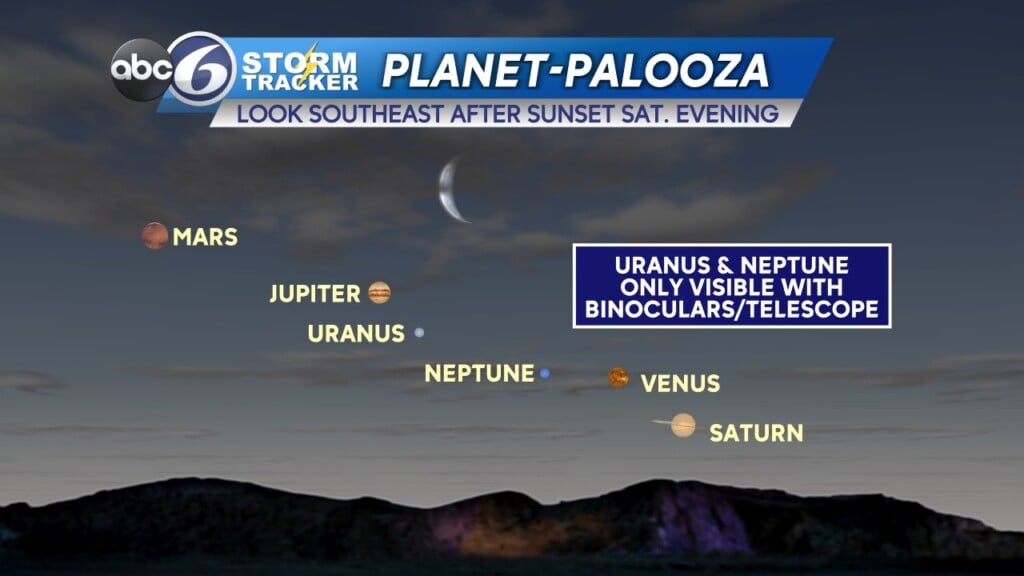Eclipse Safety
PROVIDENCE, R.I. (WLNE) — We all know you shouldn’t look at the sun, but with an eclipse just days away, you might be tempted to peek. Since we are not going to reach totality in Southern New England, your choice of eye protection is very important.
With just a brief look, the sun can have you seeing spots. With a solar event like an eclipse, prolonged sun-watching can do some real damage. Solar retinopathy is damage to the smallest cells in the retina from the rays of the sun. Our retinas are super-sensitive to heat as well, making for 2 ways the sun can damage your eyes.
For day-to-day protection from the sun, sunglasses are a necessity, but they are completely ineffective when looking directly at the sun.
Dr. Alex Gerber, Chief Medical Officer of Koch Eye notes, “Sunglasses, unfortunately, are not enough protection. You want to make sure you have a certain type of filter on your glasses- or your camera lens/ telescopes/ binoculars.”
Looking at the sun using anything with lenses is a risk. Binoculars, cameras, and telescopes can be great tools, but they must be carefully protected when looking at the sun. Just like your eyes, there’s a chance the device’s lens could be damaged by the sun, and viewing any part of the bright Sun through a camera lens, binoculars, or a telescope without a special-purpose solar filter could cause quick and severe eye injury. The solar filters used for devices are made of the same film as the solar eclipse glasses we are familiar with.
Again, Dr. Alex Gerber Chief Medical Officer of Koch Eye, “The film, as opposed to regular sunglasses, is about 1000 times darker. It means 1000 times more protection than sunglasses can give you.”
There are alternate indirect methods of viewing the eclipse including building a pinhole viewer from a box. Still, if you do sneak a peek and find yourself with vision changes, it’s always better to be safe than sorry and see your eye care professional immediately.
Dr. Gerber says, “Luckily these damages can be reversible most of the time. Sometimes it takes a couple of months to get back to a baseline level.”
Occasionally, the damage is permanent. Which makes it so important to have the right film in the glasses. Safe solar filters should transmit less than 0.001% of the visible light of the sun to block all harmful UV rays.
Normal sunglasses, even polarized sunglasses, do not provide enough protection to safely view a partial eclipse. If you can see any light through the filter in a brightly lit room, it will not provide enough protection.
One more way to stay safe is to think of your skin! If you’re going to be outdoors in the sunshine for the full 2 hours of the event, sunblock is a requirement.



